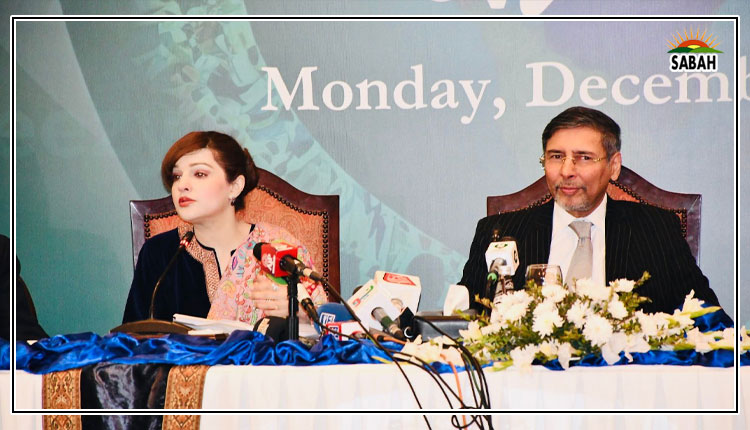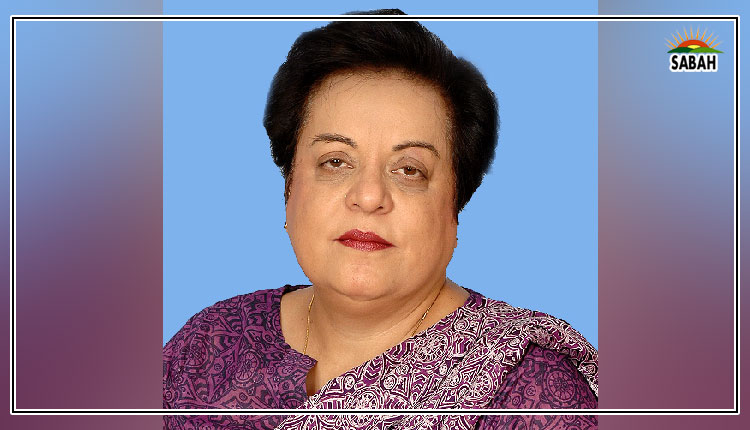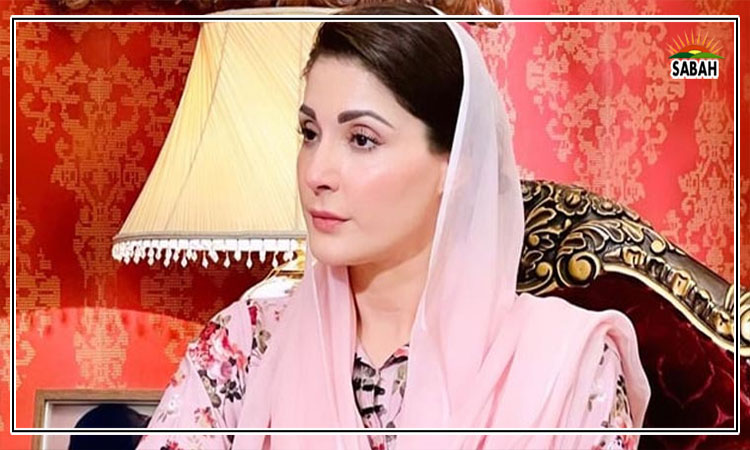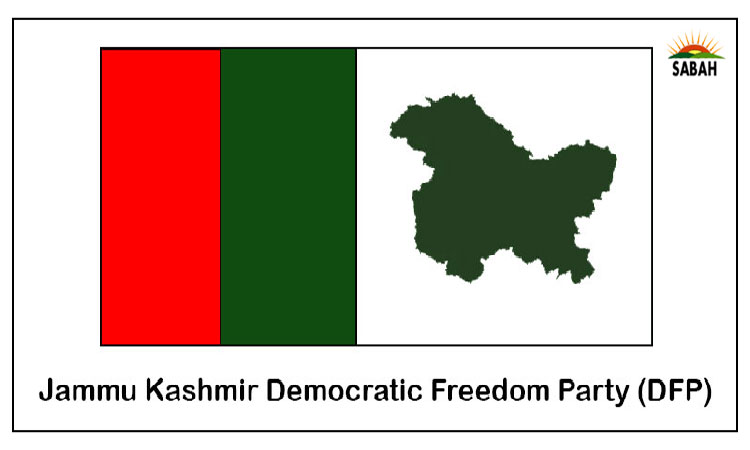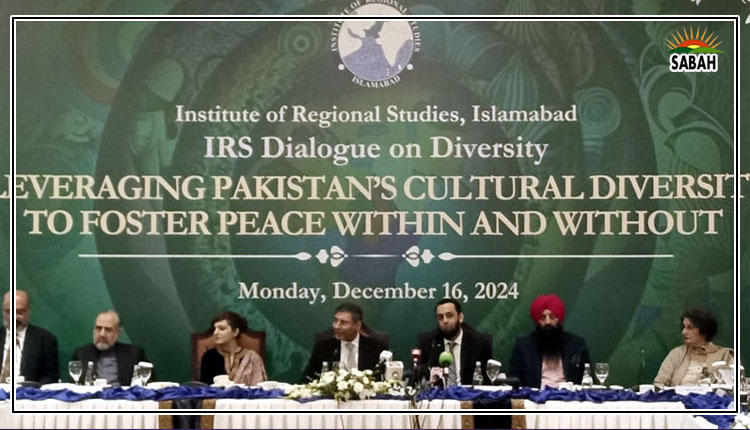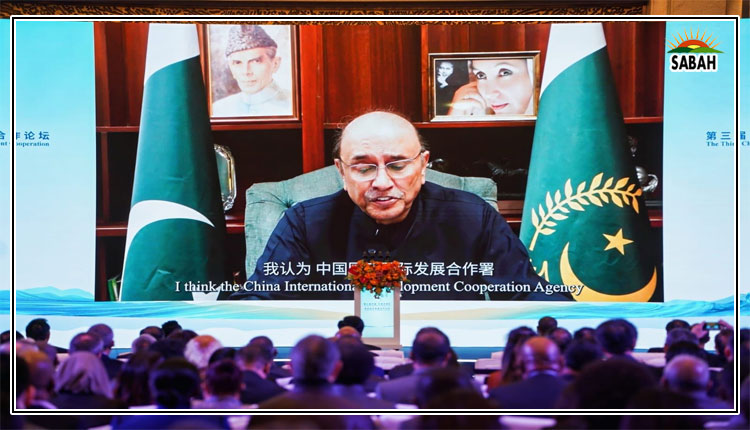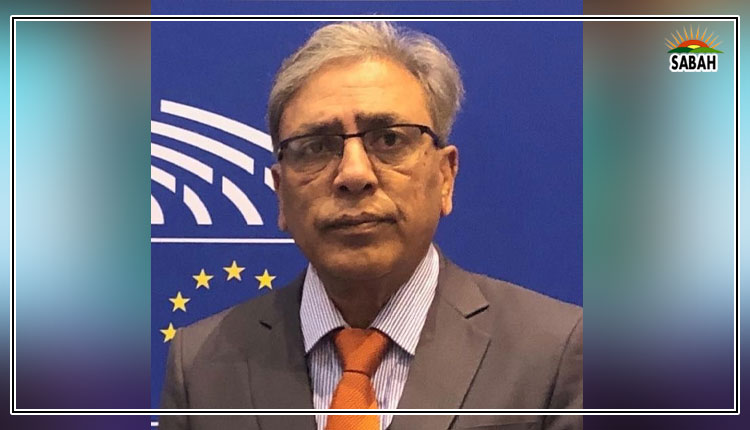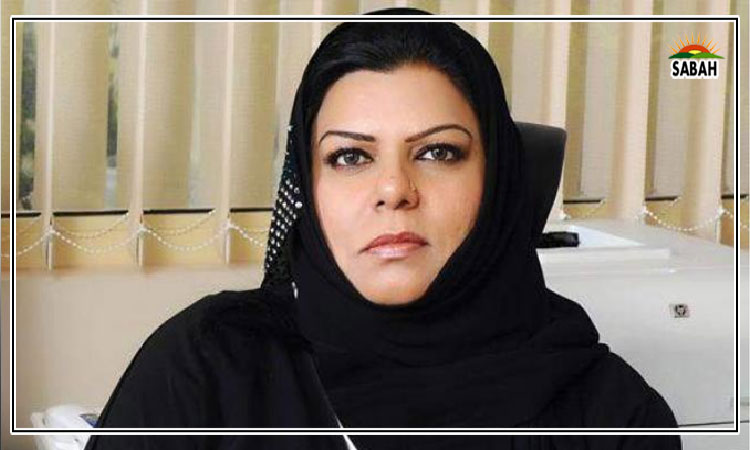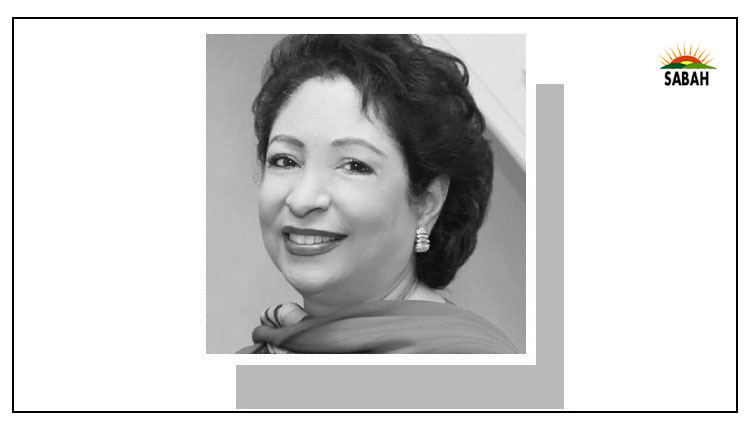Imperfect alignment … Aisha Khan
THE world is in turmoil, and politics in South Asia is in a state of flux. Remaining static in an evolving situation where the parts are moving faster than the whole can be a recipe for disaster.
The conflicts in Ukraine and Gaza, and regime overthrows in Bangladesh and Syria, are all symptomatic of a deeper malaise that is altering the geopolitical landscape. Upheavals in society are usually a combination of multiple factors that keep brewing under the surface to explode when time is ready.
Fundamentally, it is disaffection with the governance system, spread over a period of time, that incentivises and mobilises public will to break the status quo. Now a new threat is adding to the volatile mix. The uncertainties triggered by climate change are creating a niche space for populist leaders to tap into fear and use narratives of division to promote ultra-nationalism and promises of false security. And herein lies the menace. The inherent danger in politics of incitement, accompanied by a rallying cry for dismantling existing structures without a superior replacement plan, risks unleashing uncontrollable forces, resulting in disruption, destruction and disorder.
Change remains a constant in life. The subcontinent in South Asia has witnessed its share since independence in 1947. Along with changes in regional power dynamics, society has undergone transformation and uneven economic growth has altered the regional balance of power. Other significant developments include Talibanisation of Afghanistan, a resurgence of religious identity, an uptick in terrorism, and a rapidly changing climate.
The combined effect of all these developments can be catastrophic if countries fail to make timely political adjustments. However, notwithstanding the enormity of the threat, governments in Pakistan and India have not been able to reset the agenda or recognise that stand-alone, single-agenda policy engagement can never allow for mutually beneficial advancements in other areas. Navigating this complex landscape requires taking into account broader policy goals that serve distinct yet complementary interests.
The two main protagonists in the region are both nuclear states with large populations, facing common threats from climate change and the spectre of a collapsing cryosphere. Both urgently need to review and revive their strategies for engagement to define and de-conflict areas where cooperation can prevent a large-scale humanitarian crisis.
At a time when the planet is in the throes of climate change, regions that are ecologically interconnected cannot afford the perils of political misalignment. As the world becomes more inward-looking, South Asia too must focus on regional stability to leverage its collective strength and resources to get a better climate deal for the two billion people who inhabit this landmass.
Militancy and climate change are a lethal mix. Together, they can create a reinforcing loop to feed peripheral agendas for galvanising radical support. While climate change may be beyond the regional scope, calibrating regional policy objectives on counterterrorism, economic growth, trade and investment, energy security, environmental concerns, technology cooperation and knowledge exchange are very much within reach for optimising opportunities to remove frictions and maximise the region’s potential for growth.
The outcome of the recently concluded COP29, seen through the lens of latest reports by various credible agencies and scientific findings, point to a risky future with too many variables that can jeopardise plans for a prosperous future. South Asia needs a comprehensive strategy, taking the evolving realities into account, to prepare for challenges and harness opportunities for shaping new policy con-tours.
Water is the nu-mber one concern for South Asia. Conflict over water stands out as the flashpoint for deepening divides and pitting nations against each other. Nuclear neighbours should not aggravate tensions and heighten anxieties. The past history of wars between the two nations was under different times. The new geopolitical realities demand a shift from the traditional stance to crisis management and de-escalation.
The spill-over impacts of a war fought in Europe or a pandemic that paralysed economies should be a lesson in what, closer to home, conflicts can do to destabilise projected trajectories. We are living in an age where threats are real and intelligence is artificial, making information suspect and people’s response uncertain.
In such unpredictable times, it is important to defuse tensions, promote trust, and invest in policies that build resilience. An imperfect political alignment against the forces of nature is bound to end in rueful ramifications.
Courtesy DAWN


